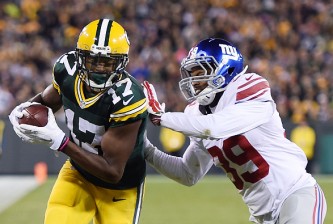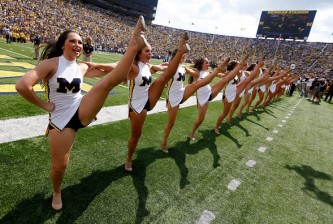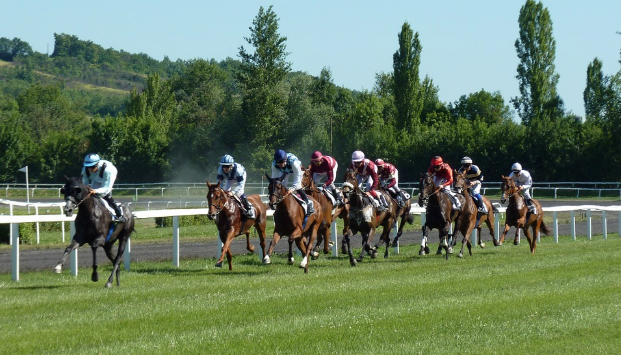Betting on horse racing can be very threatening for people who don’t understand how all this operates and what all of these numbers mean, But once you’ve learned the basics of horse racing chances, it couldn’t be easier. If anything, it can be even easier to understand than other forms of sports betting due to transparency.
The two formats used are decimals and fractions when looking at the odds (price) of a horse. Betting exchanges operate in decimals while betting firms with fixed odds generally operate infringements.
It can be challenging to find out how horse racing bets work with complicated, ever-changing winning rates and various types of bets. As a result, how do you decide which horse to wager on and how much to win? In this simple guide, everything is revealed to understand betting odds for horses.
How Do Odds Operate?
The second number always suggests the stake when determining the returns of a fractional bet, and the first number denotes what the profit will be if the bet wins.
Take an example of 4/1. If you’re staking £ 1 on a horse, you’re going to win £ 4 if the selection wins the race, excluding your first stake. By contrast, in the initial stake, the decimal format factors. In decimal terms, betting odds of 4/1 would amount to 5.0, 5/1 would be 6.0, and so on.
Now we are able to calculate any odds expressed as fractions. Let’s try the 7/2 chance, add 2 to 7 and divide 2 by 9, giving us 0.222 or 22.2 %. The 6/4 shot has a chance of winning 0.40 (40 percent), 4 added to the 6(10) 4 divided by 10= 0.4, it’s so simple. It is easy to calculate awkward odds like 13/8, 13+ 8= 21, 8 divided by 21= 0.38 (38 percent).
Considering the Win Odds of a Horse
There are two types of how to calculate the odds on race be affirming towards you:
Total Win Pool. The total pool is all the money bet on all the winning horses, but it is not the amount that will be paid out to the winning ticket holders.
They deduct the “take,” which is generally between 14 and 20 percent and is different in each state before the track pays off the winners. This money goes to the payment of state and local taxes, horsemen payment, track expenses, and the profit of the track.
The Amount Bet on that Horse. Just subtract the take from the total pool to calculate the exact odds on your horse, then deduct the bet amount on your horse to give you the amount of cash to be paid out.
To obtain the exact odds, divide that figure by the amount bet on your horse. Before the payoffs are calculated, this figure will always be rounded off to the nearest dime (usually) or nickel as mentioned earlier.
The Pari-Mutuel Betting Technique
The most important single key to horse racing chances is that they are determined by a pari-mutuel system they call about, which is just a fantastic French term for mutual betting.
This means the bettors determine the odds. Looking at a program, you will see the odds listed for each horse, but these are just the odds of the morning line that the track handicapper has set.
In the U.S., most states using the pari-mutuel system that allows betting on horse racing. This is also referred to as pool betting and is commonly used in small sporting events such as horse racing or greyhound racing where the participants finish in a ranked order.
All the money wagered on a particular race will be placed in a pool, and the remainder of the money will be distributed between those who bet on the winning horse after taking a house.
Though they’re usually reasonably accurate, they’re just a guide, and ultimately they don’t affect a horse’s final odds. Instead, The odds are determined by the amount of money wagered on each horse relative to the amount wagered on each other. The more money a horse is betting on by the public, the lower the odds.
Takeaway
Getting to grips with the odds of understanding when wagering on horse racing is a vital component. Knowing what the odds are unlocking important information that each punter needs to know before betting earnestly: what is the chance of winning my selection? Does that represent value? How much can I be a winner?
Since the odds are thus determined, they will change before the race throughout the betting period. The odds will change a lot in many cases. It’s not uncommon to see a horse that ends up being the favorite longshot start if someone makes a big bet on him when betting opens to win right.























